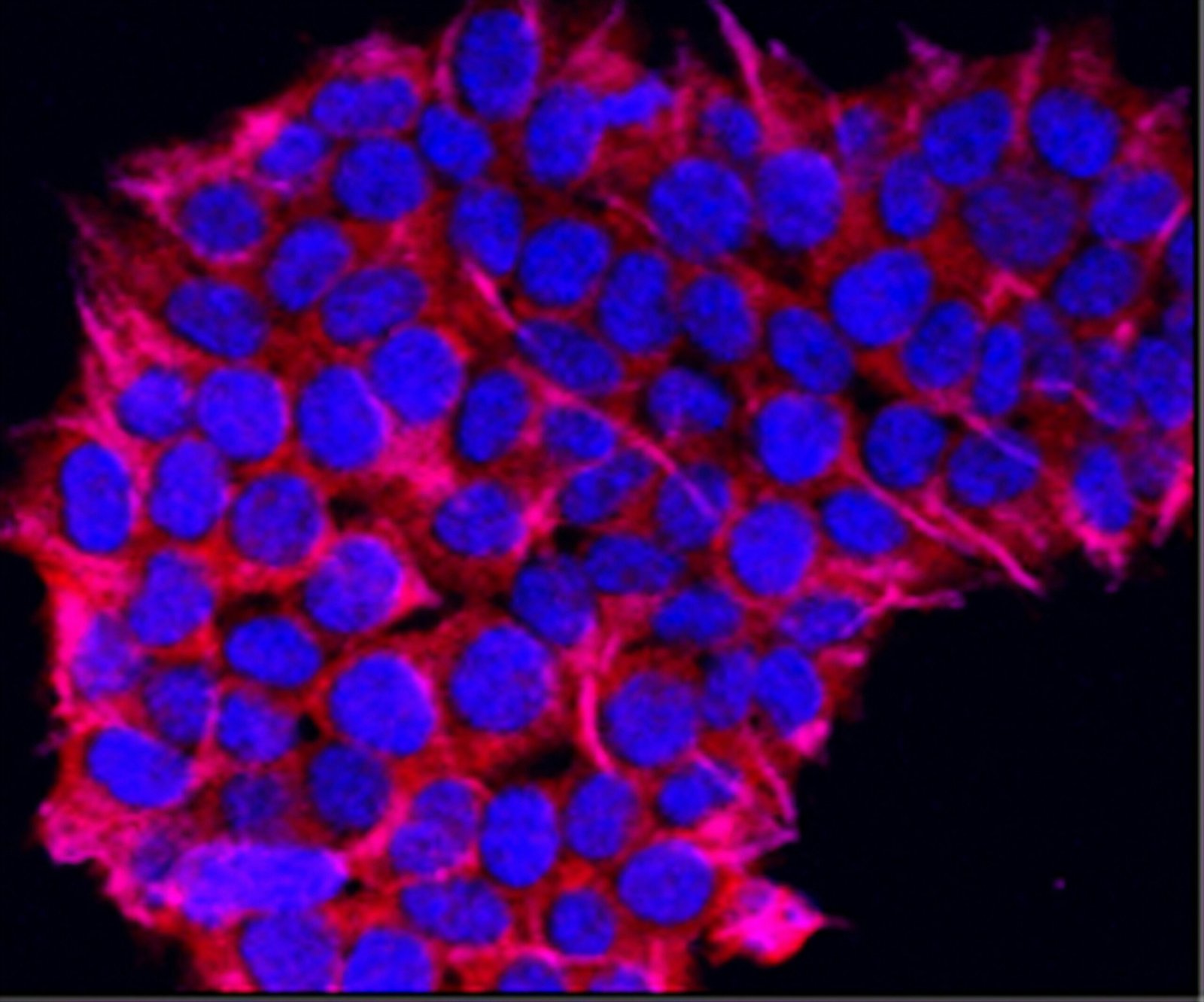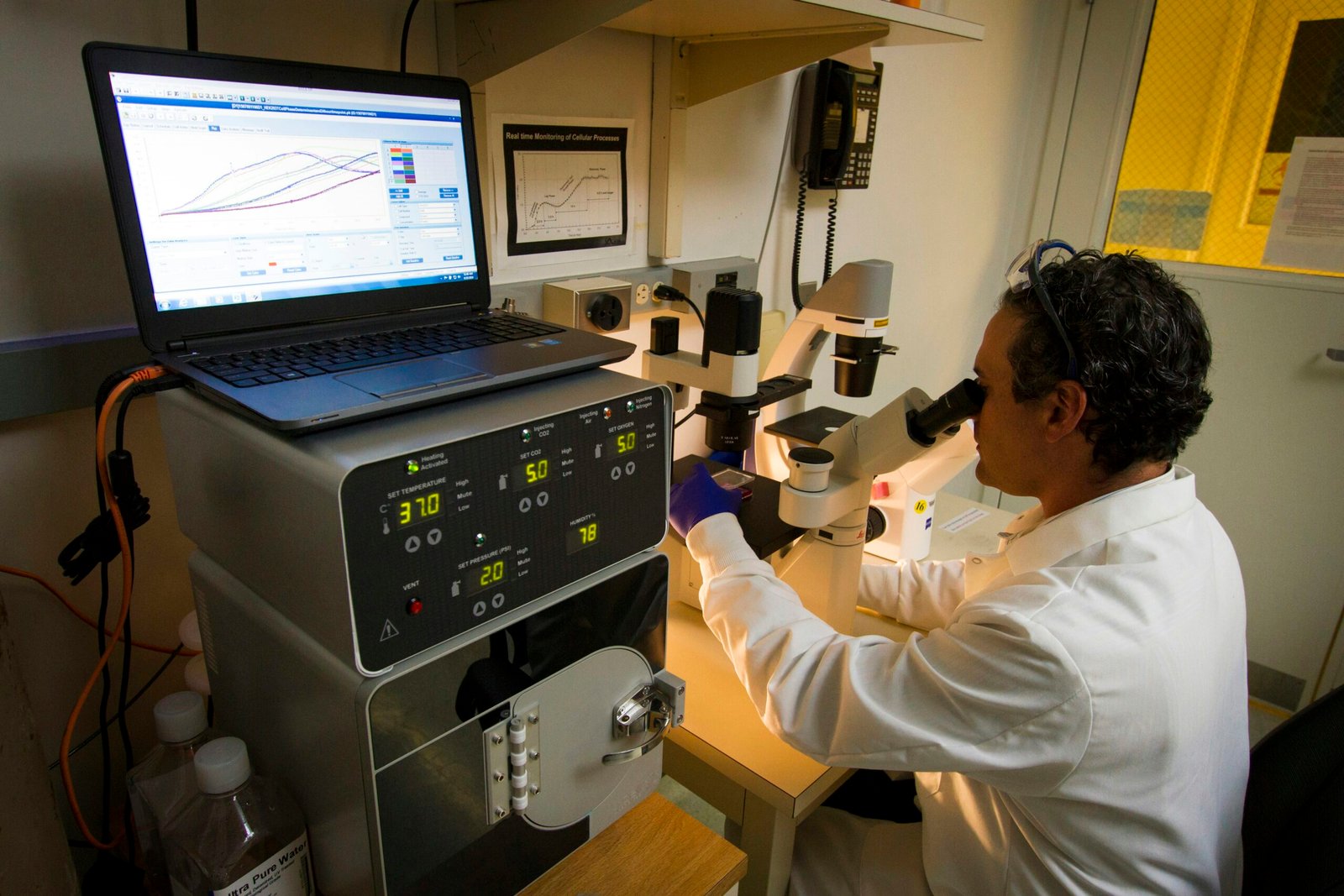Have you ever wondered if it's possible to have a genetic predisposition to gout, yet never actually develop the condition? Gout is a painful form of arthritis that occurs when too much uric acid builds up in the bloodstream, leading to the formation of sharp crystals in the joints. While the connection between genetics and gout is well-established, there is still much to learn about how these genetic factors manifest in individuals. In this article, we will explore the intriguing question of whether it is possible to carry the genetic predisposition for gout without ever experiencing its agonizing symptoms. So, let's delve into the fascinating world of gout and genetics to find out!
Understanding Gout
Definition and Overview of Gout
Gout is a type of arthritis characterized by sudden and severe pain, tenderness, redness, and swelling in the joints. It primarily affects the big toe, but can also occur in other joints such as the ankles, knees, elbows, and wrists. Gout is caused by an excess production or decreased elimination of uric acid, resulting in the formation of urate crystals in the joints.
Common Symptoms Associated with Gout
The most common symptom of gout is an acute “gout attack” which usually occurs overnight. This attack can cause intense pain, warmth, swelling, redness, and stiffness in the affected joint. The joint may become so tender that even the lightest touch or pressure can be excruciating. Gout attacks typically subside within a few days to a week, but can recur if left untreated. In some cases, chronic gout can develop, leading to more frequent and severe attacks as well as joint damage.
The Role of Genetics in Gout
Impact of Genetics in the Development of Gout
Genetics play a significant role in the development of gout. Certain genetic variations can impact the way our bodies process and eliminate uric acid, making some individuals more susceptible to its accumulation and the subsequent formation of urate crystals. These genetic factors can influence the severity and frequency of gout attacks, as well as the overall risk of developing the condition.
Statistics Regarding Genetic Predisposition and Gout Occurrence
Research has shown that gout has a strong genetic component, with approximately 60% of gout cases having a family history of the condition. Studies have also found that certain ethnic groups, such as Pacific Islanders and Indigenous peoples, have a higher prevalence of gout due to genetic factors. These statistics highlight the importance of understanding the genetic predisposition to gout and its impact on overall disease occurrence.

Determining Genetic Predisposition for Gout
Common Genetic Markers for Gout
Various genetic markers have been identified that are associated with an increased risk of developing gout. One such marker is the SLC2A9 gene, which influences the reabsorption of uric acid in the kidneys. Other genes, such as ABCG2 and SLC22A12, also play a role in regulating uric acid levels in the body. These genetic markers, among others, can provide valuable insights into an individual's genetic predisposition for gout.
Methods for Testing Genetic Predisposition
There are several methods available for testing genetic predisposition for gout. These include genetic testing through DNA analysis, which can identify specific genetic variants associated with an increased risk of gout. Additionally, family medical history can also provide important information about the likelihood of developing gout. By combining these approaches, healthcare professionals can better understand an individual's genetic predisposition and tailor prevention strategies accordingly.
Gout Risk Factors Outside Genetics
Influence of Diet and Lifestyle
While genetics play a significant role in gout development, there are also several non-genetic risk factors that contribute to its occurrence. Diet and lifestyle choices can influence uric acid levels in the body. Consuming foods high in purines, such as red meat, seafood, and alcohol, can increase uric acid production. Obesity, excessive alcohol consumption, and a sedentary lifestyle can also contribute to the development of gout.
Body Weight and Gout
Excess body weight is a well-established risk factor for gout. The greater the body mass index (BMI), the higher the risk of developing the condition. This is because obesity can lead to increased production of uric acid and decreased elimination, resulting in its accumulation and the onset of gout. Maintaining a healthy weight through proper diet and regular exercise can help reduce the risk of gout and its associated complications.
Linked Diseases and Health Conditions
Certain health conditions can increase the likelihood of developing gout. These include hypertension, diabetes, metabolic syndrome, and kidney disease. These conditions often coexist with gout due to shared risk factors, such as obesity and poor dietary habits. Managing these underlying health conditions and addressing lifestyle factors can help mitigate the risk of developing gout.

The Probability of Inherited Genetic Predispositions
Studies Linking Gout to Genetic Predispositions
Numerous studies have shown a strong link between genetic predispositions and the development of gout. These studies have identified specific genetic variations that increase the risk of gout, providing valuable insights into the molecular mechanisms underlying the disease. Understanding these genetic connections allows for more targeted and personalized prevention strategies.
Gene-Environment Interactions Affecting the Gout Risk
While genetics influence the risk of gout, it is important to recognize the influence of environmental factors as well. Gene-environment interactions play a significant role in determining whether an individual with a genetic predisposition will develop gout. Factors such as diet, alcohol consumption, physical activity level, and exposure to certain substances can either enhance or mitigate the impact of genetic factors on gout development.
Cases of Genetic Predisposition without Gout Development
Studies Showing Cases without Gout in the Presence of Genetic Predisposition
While genetic predisposition increases the risk of gout, it does not guarantee its development. There have been documented cases of individuals with genetic markers for gout who have never experienced a gout attack. These cases suggest that while genetics are an important factor, other variables, both genetic and environmental, may determine whether the condition manifests.
Possible Reasons for Not Developing Gout Despite Predisposition
Several factors may contribute to why some individuals with a genetic predisposition to gout never develop the condition. Genetic variations beyond those currently identified may play a role in protecting against gout development. Additionally, lifestyle modifications, such as maintaining a healthy diet, managing weight, and avoiding excessive alcohol consumption, can reduce the likelihood of gout despite genetic predisposition.

Prevention Measures for Gout
Lifestyle Changes for Prevention
Lifestyle modifications are key to preventing gout, regardless of genetic predisposition. A balanced diet low in purines, regular exercise, maintaining a healthy weight, and staying hydrated are crucial for reducing the risk of gout attacks. Limiting alcohol consumption, particularly beer and spirits, can also be beneficial. By adopting these healthy habits, individuals can lower their risk of experiencing gout symptoms.
Medicines and Treatments for Preventing Gout
In addition to lifestyle changes, medications and treatments are available to help prevent gout attacks. These may include medications that lower uric acid levels, such as xanthine oxidase inhibitors and uricosuric agents. Additionally, anti-inflammatory medications can provide relief during acute gout attacks. It is important to consult with a healthcare professional to determine the most appropriate course of treatment based on individual needs.
DNA Testing and Personalized Prevention Plans
Role of DNA Testing in Identifying Risk
DNA testing plays a crucial role in identifying an individual's genetic predisposition to gout. By analyzing specific genetic markers associated with gout risk, DNA testing can determine the likelihood of developing the condition. This information can be used to create personalized prevention plans tailored to an individual's genetic profile, optimizing the effectiveness of preventive measures.
Creating Personalized Prevention Plans Based on Genetic Predisposition
Based on the results of DNA testing, healthcare professionals can design personalized prevention plans for individuals with a genetic predisposition to gout. These plans may include specific dietary recommendations, exercise regimens, and medication options that focus on addressing the individual's unique genetic markers. By adopting a personalized approach, individuals can take proactive steps to reduce their risk of gout and maintain optimal joint health.
Implications for Individuals With Genetic Predisposition to Gout
Psychological Impacts of Knowing the Predisposition
Discovering a genetic predisposition to gout can have various psychological impacts on individuals. It may cause increased anxiety and stress, as individuals may worry about developing the condition in the future. However, knowing one's genetic predisposition also empowers individuals to make informed decisions about their lifestyle and healthcare choices, leading to a more proactive approach to gout prevention.
Importance of Regular Health Check-ups
For individuals with a genetic predisposition to gout, regular health check-ups become even more crucial. Routine monitoring of uric acid levels, joint health, and overall well-being can help detect any early signs of gout or its progression. This allows for timely intervention and the implementation of preventive measures as necessary. Through regular check-ups, individuals can actively manage their health and reduce the impact of gout on their daily lives.
Future Research Directions in Genetic Predisposition and Gout
Ongoing Research on Genetic Connections to Gout
Continued research into the genetic connections to gout is essential for further understanding the underlying mechanisms of the disease. Scientists are continuously investigating new genetic markers and pathways involved in gout development. This ongoing research aims to improve risk prediction, develop more effective targeted therapies, and ultimately enhance prevention strategies for individuals at risk of developing gout.
Potential Future Treatments and Prevention Methods
The exploration of genetic predisposition to gout opens the door to potential future treatments and prevention methods. As our understanding of the genetic basis of gout expands, researchers may discover new therapeutic targets that can be utilized to develop innovative interventions. By identifying novel pathways and mechanisms, future advancements may revolutionize the field of gout prevention and treatment, offering hope for individuals at risk of developing the condition.
In conclusion, understanding the role of genetics in gout is crucial for managing the condition effectively. While genetic predisposition plays a significant role in the development of gout, it is not the sole determinant. Other factors, such as diet, lifestyle, and environmental influences, also contribute to gout occurrence. By combining genetic testing with lifestyle modifications and regular health check-ups, individuals can proactively manage their gout risk, leading to a better quality of life and improved joint health. With ongoing research and advancements in personalized medicine, the future holds promise for more targeted and effective approaches to gout prevention and treatment.